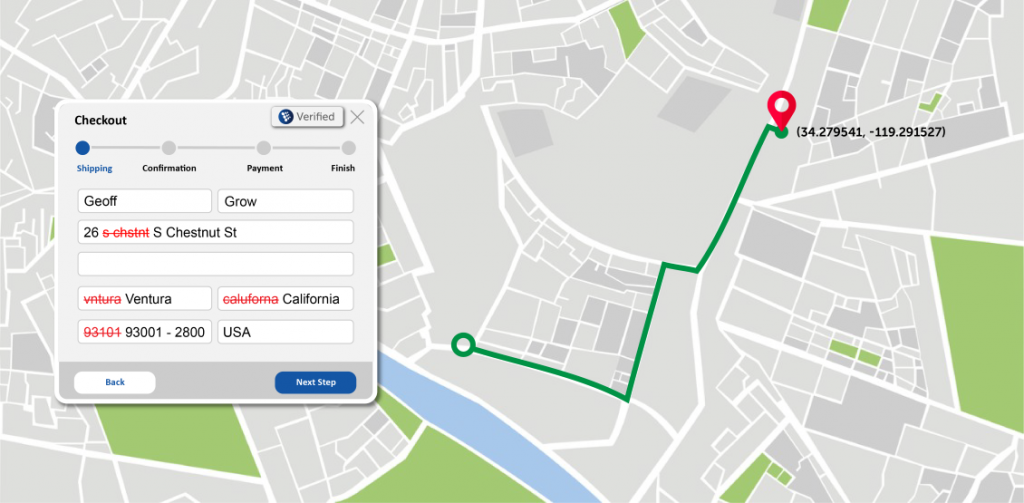Bulk address validation is an advanced feature that enables you to accurately manage and improve the accuracy of bulk mailing services in a fraction of the time. Bulk address validation offers several benefits over traditional bulk mail validations. You can gain access to many more prospects, expand your product offerings and manage and optimize your revenue streams with ease and confidence. Bulk mail service providers are making this technology more accessible and easy to use with new batch address verification software available to the mass market. The following article will brief you on what you need to know about software.

The main benefit of batch address verification is its simplified method of validating and correcting inaccurate or invalid street addresses. Traditional bulk mail validations rely on physical mailing machine data and manual data entry when manually verifying street addresses. This means that addresses could easily be incorrectly entered or, worse still, double-spaced. By the time this happens, the sender has already sent his message and, as you might imagine, this can lead to delays in deliveries and drastically lower customer satisfaction levels. Batch address verification can be integrated right into your business software or alternatively through simple web calls from the software to external data servers.
Benefit of batch address verification
Another advantage of batch address verification software is that it allows you to quickly look up old customer data or other information for a particular zip code or city name. If you have recently implemented a campaign in which you require identifying each customer’s unique demographic location, this can save a tremendous amount of time when verifying addresses. With just a few clicks, you can quickly verify the addresses of potential customers in bulk. Using the right software program, you can also look up city name and state of residence of past customers, which can help with the effective management of customer database maintenance.
Perhaps the most obvious advantage of batch bulk address verification is that it increases efficiency. Validation saves time. In most cases, it will even save money. For instance, you won’t have to spend money each time you perform this service if you outsource it to an online company. In addition, it’s a good idea to outsource this service when you have too many different bulk mailing addresses to keep track of manually.
Bulk address verification using geocoding and deduplication is a great way to improve efficiency. There are two primary reasons to use this method: sending to the same place more than once and sending to a different place without using a return address. With geocoding, you can specify street name and city name, then the program will determine where the recipient lives and then send the message. With deduplication, you’ll specify a series of areas, such as zip codes, then the program will map all these areas and deliver the message as a PDF file.
Another advantage with bulk address validation services is that people in the target area can receive the messages. If you’re marketing your product in Chicago and looking to sell to people in Milwaukee, you don’t have to waste time and money sending messages to people outside of the state. If you’ve set up your database in such a way that you can include non-icago areas, you can simply validate addresses within these areas to ensure that no recipient receives a message that doesn’t match their address. Even if they do, you’ll know about it in advance so you can address the problem before it becomes a serious issue.
Conclusion
There are various bulk address validation services available online. Some are free; others require a small subscription fee. Some allow you to perform unlimited searches while others provide bulk messages for both residential and commercial email addresses. Some services automatically perform cross references between postal addresses and provide a map. Others combine postal addresses with zip codes and street names to provide even more accurate results.
One service that is growing in popularity is batch address validation software. This type of software helps you validate addresses based on what you already have in your database by running a full search of the database first. You’ll be given a list of addresses that satisfy your criteria, and you’ll be able to call up the details of the owner of the address immediately. This is especially useful for businesses whose mailing lists contain thousands of different names.
